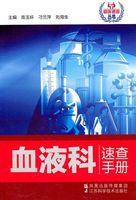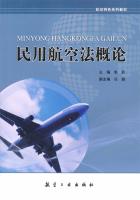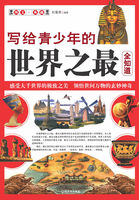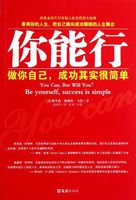The first one of these points he bases upon the language in a speech which I delivered at Springfield, which I believe I can quote correctly from memory. I said there that "we are now far into the fifth year since a policy was instituted for the avowed object, and with the confident promise, of putting an end to slavery agitation; under the operation of that policy, that agitation has not only not ceased, but has constantly augmented."
"I believe it will not cease until a crisis shall have been reached and passed. 'A house divided against itself cannot stand.' I believe this government cannot endure permanently half slave and half free." "I do not expect the Union to be dissolved,"--I am quoting from my speech, "--I do not expect the house to fall, but I do expect it will cease to be divided. It will become all one thing or all the other. Either the opponents of slavery will arrest the spread of it and place it where the public mind shall rest in the belief that it is in the course of ultimate extinction, or its advocates will push it forward until it shall become alike lawful in all the States, north as well as south."
What is the paragraph? In this paragraph, which I have quoted in your hearing, and to which I ask the attention of all, Judge Douglas thinks he discovers great political heresy. I want your attention particularly to what he has inferred from it. He says I am in favor of making all the States of this Union uniform in all their internal regulations; that in all their domestic concerns I am in favor of making them entirely uniform. He draws this inference from the language I have quoted to you. He says that I am in favor of making war by the North upon the South for the extinction of slavery; that I am also in favor of inviting (as he expresses it) the South to a war upon the North for the purpose of nationalizing slavery. Now, it is singular enough, if you will carefully read that passage over, that I did not say that I was in favor of anything in it. I only said what I expected would take place. I made a prediction only,--it may have been a foolish one, perhaps. I did not even say that I desired that slavery should be put in course of ultimate extinction. I do say so now, however, so there need be no longer any difficulty about that. It may be written down in the great speech.
Gentlemen, Judge Douglas informed you that this speech of mine was probably carefully prepared. I admit that it was. I am not master of language; I have not a fine education; I am not capable of entering into a disquisition upon dialectics, as I believe you call it; but I do not believe the language I employed bears any such construction as Judge Douglas puts upon it. But I don't care about a quibble in regard to words. I know what I meant, and I will not leave this crowd in doubt, if I can explain it to them, what I really meant in the use of that paragraph.
I am not, in the first place, unaware that this government has endured eighty-two years half slave and half free. I know that.
I am tolerably well acquainted with the history of the country, and I know that it has endured eighty-two years half slave and half free. I believe--and that is what I meant to allude to there--I believe it has endured because during all that time, until the introduction of the Nebraska Bill, the public mind did rest all the time in the belief that slavery was in course of ultimate extinction. That was what gave us the rest that we had through that period of eighty-two years,--at least, so I believe.
I have always hated slavery, I think, as much as any Abolitionist,--I have been an Old Line Whig,--I have always hated it; but I have always been quiet about it until this new era of the introduction of the Nebraska Bill began. I always believed that everybody was against it, and that it was in course of ultimate extinction. [Pointing to Mr. Browning, who stood near by.] Browning thought so; the great mass of the nation have rested in the belief that slavery was in course of ultimate extinction. They had reason so to believe.
The adoption of the Constitution and its attendant history led the people to believe so; and that such was the belief of the framers of the Constitution itself, why did those old men, about the time of the adoption of the Constitution, decree that slavery should not go into the new Territory, where it had not already gone? Why declare that within twenty years the African slave trade, by which slaves are supplied, might be cut off by Congress? Why were all these acts? I might enumerate more of these acts; but enough. What were they but a clear indication that the framers of the Constitution intended and expected the ultimate extinction of that institution? And now, when I say, as I said in my speech that Judge Douglas has quoted from, when I say that I think the opponents of slavery will resist the farther spread of it, and place it where the public mind shall rest with the belief that it is in course of ultimate extinction, I only mean to say that they will place it where the founders of this government originally placed it.
I have said a hundred times, and I have now no inclination to take it back, that I believe there is no right, and ought to be no inclination, in the people of the free States to enter into the slave States and interfere with the question of slavery at all. I have said that always; Judge Douglas has heard me say it, if not quite a hundred times, at least as good as a hundred times; and when it is said that I am in favor of interfering with slavery where it exists, I know it is unwarranted by anything I have ever intended, and, as I believe, by anything I have ever said. If, by any means, I have ever used language which could fairly be so construed (as, however, I believe I never have), I now correct it.
So much, then, for the inference that Judge Douglas draws, that I am in favor of setting the sections at war with one another. I know that I never meant any such thing, and I believe that no fair mind can infer any such thing from anything I have ever said.















